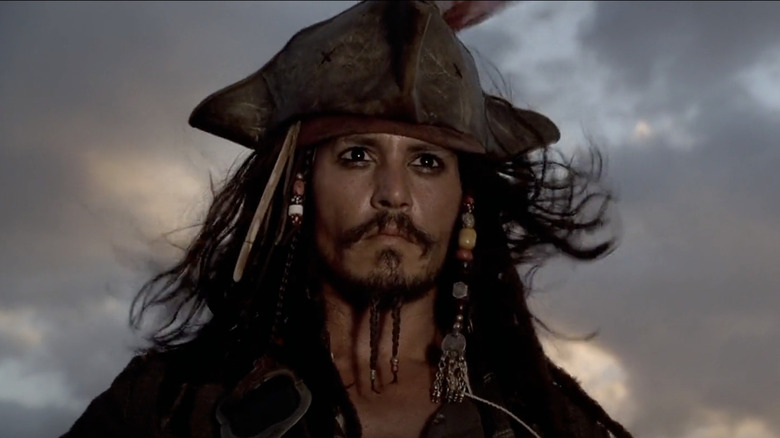Jim Carrey Almost Starred in a Billion-Dollar Disney Movie Franchise

Gore Verbinski’s “Pirates of the Caribbean: The Curse of the Black Pearl” was viewed with some ridicule when it was released in the summer of 2003. Disney was in the early stages of trying to turn its theme park attractions into motion pictures, and it missed badly at the box office with Brian De Palma’s “Mission to Mars” (a terrific film very loosely based on the attraction of the same name). and “The Country Bears” (a live-action film based on “The Country Bear Jamboree”). The results were so dismal commercially that Disney honcho Michael Eisner was on the verge of killing the strategy altogether.
Producer Jerry Bruckheimer knew the city was skeptical about turning a theme park into a movie, and he fully understood that Eisner didn’t want to hurt the value of these properties by lending their names to ho-hum family films. But Bruckheimer believed in the script for “The Curse of the Black Pearl” written by Ted Elliott and Terry Rossio (who were also credited with coming up with the story along with Stuart Beattie and Jay Wolpert), and he was convinced that he had found a star who could enthusiastically play the role of Captain Jack Sparrow in Jim Carrey (via Vulture).
Casting Carrey as the protagonist in the early 2000s was essentially a guarantee of success (although there were exceptions, like Frank Darabont’s “The Majestic”); he wouldn’t be cheap, but the comedy superstar posing as an overconfident pirate sounded like box office gold. Obviously, Verbinski and Bruckheimer went in a different direction, but Carrey still did well in 2003.
Jim Carrey chose to play God instead of joining the Pirates of the Caribbean
Carrey is a gifted physical artist, but he probably would have done a wide variation on a classic swashbuckler like Errol Flynn. He never had the athleticism of Burt Lancaster or Kirk Douglas, so it’s safe to say that his Jack Sparrow would have given Verbinski’s film a very different tone — more “Looney Tunes” than “Captain Blood.”
It should be noted that Verbinski and Bruckheimer also considered Michael Keaton and Christopher Walken; with his dance background and quirky delivery, a Walken Sparrow would have been nothing if not singular. But the film crew wanted a Sparrow with an “edge”, which they thought Depp could provide. Even then, they were shocked when the star showed up to the first table read pretending to be a boozy Keith Richards. Depp’s research suggests that pirates were the rock stars of their time, so he emulated the one most closely associated with hedonistic behavior.
While Verbinski and company were filming a rousing franchise-launching blockbuster, Carrey was earning $25 million to play a hapless TV reporter whose career gets a divine boost when God imbues the asshole with his powers. “Bruce Almighty” was a smash hit for Carrey, grossing $485 million at the box office and spawning a lousy sequel, “Evan Almighty,” which he wisely avoided. I mean, “Bruce Almighty” is trash too, but Carrey had such a palpable connection with moviegoers at the time that it didn’t matter.
Regardless, everyone ended up making the movie, especially Carrey. Starring in one of the biggest films of 2003 then allowed him to turn around and direct one of the best films of the 21st century (or ever) in 2004, “Eternal Sunshine of the Spotless Mind.” I’ll take that compromise any day.





